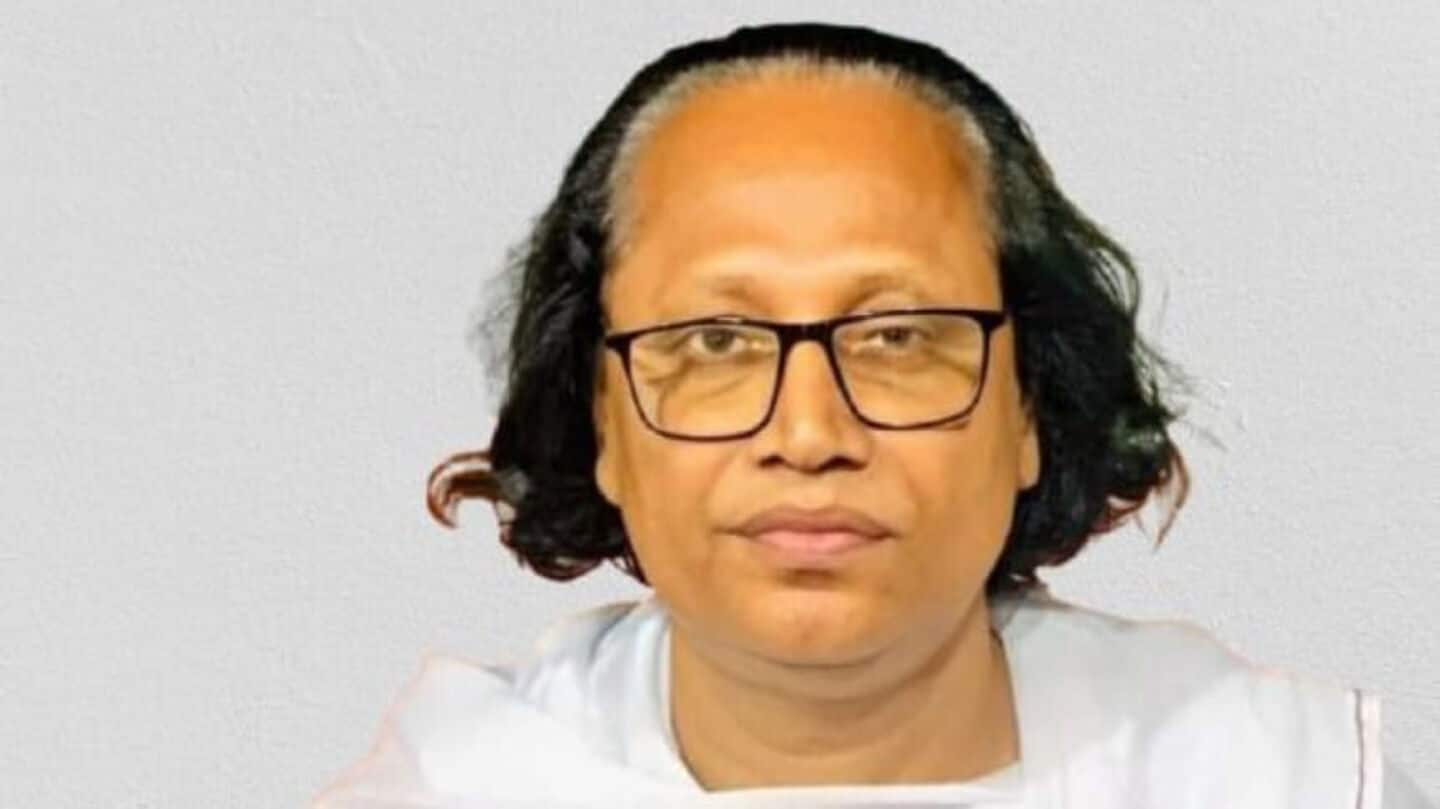
'Religious fascism' emerging: Baul singer's arrest in Bangladesh sparks outrage
What's the story
The recent arrest of popular baul singer Abul Sarkar in Bangladesh has triggered a major controversy. Sarkar was arrested during a music show in Madaripur on charges of provoking violence and hurting religious sentiments. After his arrest, Islamists under the banner of Tawhidi Janata attacked fellow singers during a street rally for Sarkar's release, leaving four seriously wounded on the northern outskirts of Dhaka.
Public outcry
Civil society condemns government inaction
Over 250 eminent citizens of Bangladesh have since slammed the government's inaction against religious extremism after Sheikh Hasina's ouster. They accused a specific group of acting as the "sole agent" of Islam and creating a "suffocating situation" by attacking cultural practices. "Demolishing more than 200 shrines, declaring countless individuals murtad-kafir-shatim, exhuming and burning body, forcibly cutting the hair of bauls and fakirs....harassing women over movement and attire....eradication of people of different opinions and practices appears to be their objective."
Statement
Statement was signed by academics
The statement was signed by academics, including Professor Anu Mohammad and Professor Salimullah Khan, who criticized law enforcement for not stopping mob violence. Instead, they said, authorities have "encouraged it (mob violence) by maintaining silence -- trying to downplay incidents by calling them 'pressure groups' and even detaining victims or attacking survivors in fabricated cases."
Rising tensions
Rights groups express concern over attacks
Rights group Ain o Salish Kendra (ASK) voiced its concerns over the attack on Sarkar's followers, while the Bangladesh chapter of Transparency International expressed worries over the increasing hostility toward religious harmony. Meanwhile, poet and activist Farhad Mazhar warned of a new form of "religious fascism" emerging in Bangladesh, joining protests against Sarkar's arrest. "Arresting him (Sarkar) means arresting me. I will not accept this," said Mazhar, a longstanding critic of the former Hasina administration.
Activist response
Cultural activists protest against government inaction
Cultural activists and left-leaning student groups have also protested against the government's inaction. They staged torch marches in Dhaka and Jahangirnagar University, protesting attacks on singers. A group of baul singers also demonstrated outside the National Press Club in Dhaka, protesting Sarkar's arrest. Cultural affairs adviser Mostofa Sarwar Farooki responded in a post on Facebook, saying the Home Affairs Ministry is handling this "extremely delicate and sensitive matter" responsibly.
Official statements
Government officials respond to protests
He did, however, add that repression of 'bauls' was not new and had occurred under several governments, including the overthrown Awami League era. "You will find numerous instances where Bauls were attacked; their hair cut off, their instruments destroyed," he said. Sarkar was arrested after an imam filed a case against him. "It has been alleged in the case that baul singer Abul Sarkar made religiously misleading remarks while performing a song. The case is under investigation," an officer said.